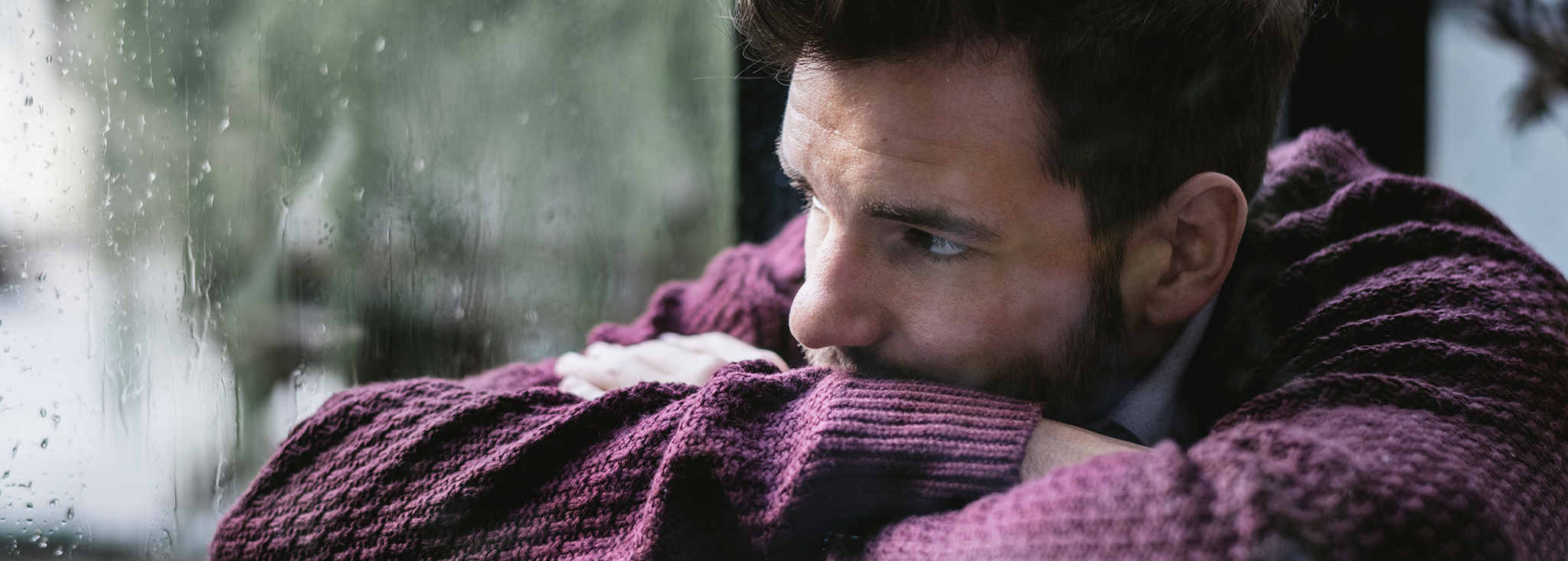Stages of Grief: Accepting Your Type 2 Diabetes Diagnosis
Diabetes is a 24/7 job. Going from living a life that’s relatively free of the risks of serious health complications to wondering about serious blood sugar highs or severe lows can be daunting. Even if you’re someone who’s already familiar with diabetes due to a friend or family member, living with it yourself provides a whole new perspective. There’s a new normal to adjust to and if you’re having a difficult time adjusting, accepting your diagnosis using the stages of grief can be helpful. It’s okay to mourn your life before diabetes as you transition and adjust to your new life with it.
What is Grief?
It is one of the emotional states known by practically everyone. It’s also defined as an adaptive response to loss. Although we usually relate loss to the death of a loved one, there are other kinds of losses, including losing your health or what you always thought was an optimal state of health.
Basics of Grief
For an emotional state to be considered grief, first there must be an emotional attachment to that loss. In the case of type 2 diabetes, we’re aware of the new changes that come with accepting a diagnosis of chronic disease and may grieve our lives before it. This is normal—we value optimal health, so it’s normal to have an emotional attachment to it. On the other hand, for grief to take place, the loss must be perceived as irreplaceable. In this case, at this time, there isn’t a cure for diabetes, making our pre-diagnosed diabetes lives gone forever.
What are the stages of grief?
Grief is a natural process to deal with any type of loss or change. Diabetes is a life-changing disease, so it’s okay to take the time and go through the processes to accept your diagnosis. However, don’t hesitate to consult a professional if you need help with the emotional and mental aspects of diabetes care.
| Stage of Grief | Example | How to Handle |
| Denial/Shock phase stage | “No, this cannot be happening to me.” | Knowledge is power. This is the time to learn about type 2 diabetes to help relieve any fears associated with the disease. Also, don’t blame yourself—diabetes is not your fault. |
| Longing or searching. | “Maybe if I do a good job my diabetes will
disappear.” |
While it isn’t promised you’ll be able to put your diabetes into remission, you can focus on setting blood sugar or fitness goals with a diabetes educator. Focus more on the activities that make you happy and improve your quality of life. |
| Disorganization and despair | “I am never going to get my diabetes under
control and will suffer complications.” |
A diabetes diagnosis isn’t a guarantee you’ll end up with its complications, but the anxiety is understandable. If you begin to despair and fall into depression, see a counselor or another mental health professional. They can help you work through the anxieties and barriers that are keeping you from taking care of yourself. |
| Reorganization phase | “I don’t like it, but I live with diabetes and I’ll do
my best to take care of it and therefore, myself.” |
Get closer to groups of people with diabetes where you can meet other people with whom you can share your condition and life experiences. You’re not alone! Create your own tribe!
|
Always remember that grief is always an expected and natural response, but with the right resources, you can learn to accept your type 2 diabetes diagnosis. Don’t blame yourself for feeling upset, irritable and sad for the loss of what was normal for you. This is a process that takes time. Don’t forget that experts in emotional health can help you go through these stages in a healthier way and can help you come up with new strategies for your mental health and for your loved ones.





